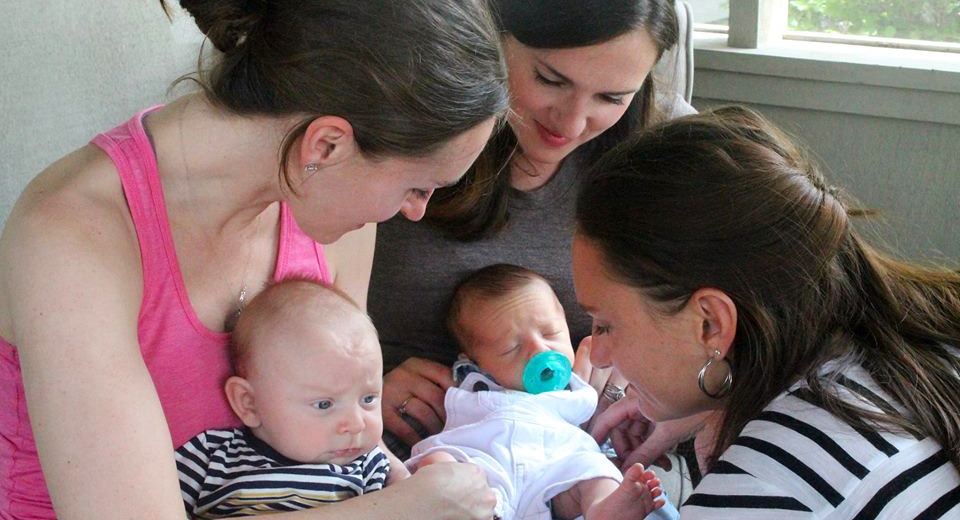What steps is Bell Family Company taking to protect caregivers and families? Every family has a different set of rules, preferences and precautions. We will ask the family for what makes them feel most comfortable and communicate that to each caregiver. We will also communicate any questions or requests from the caregiver to the family.
Best practices that caregivers and families are taking:
- Washing hands thoroughly for at least 30 seconds with soap and warm water upon entering a home and throughout the duration of the job.
- Wearing masks in any public place at all times including commute, entering and exiting a building, around other people in a close setting, etc.
- If the caregiver is requested for an on-demand babysitting job she will wear a mask during the entire appointment. We ask that families and children over the age of 3 that the caregiver is in close contact with also wear a mask.
- Carrying disinfectant wipes and ensuring that they wipe down all surfaces that they come in contact with on the way to work (i.e., car door handles, building doors, stroller handles).
- Being advised not to shake hands with anyone.
- Ensuring they take off shoes at the front door or outside family home; some are leaving coats at the door or bringing a change of clothes separate from what they wore commuting.
- Keeping a safe distance of 6 feet from others when able.
- Advising the caregiver and family to have a call to review all Covid precautions so that everyone is aware of one another’s comfort level (prior to the caregiver’s first time in the family’s home).
Bell Family Company asks each caregiver and family the following preliminary questions before a babysitting appointment, nanny trial or first day of long term employment:
- Are you able to share if you or anyone in your immediate household has had a fever above 100.4 in the past 72 hours?
- Are you or anyone in your immediate household currently sick with any NEW Covid symptoms (i.e., headache, fever, chills or sweating, new or worsening cough, sore throat, runny nose/congestion, loss of smell or taste, shortness of breath, chest pain or pressure, aching throughout the body, vomiting or diarrhea) or any other unusual aches or pains?
- Have you or anyone in your immediate household been within 6 feet of anyone who has been confirmed to have Covid in the past 14 days?
- Would you be able to share if you or anyone in your immediate household have traveled anywhere within the last 30 days? If yes, where? Was it via plane, train, subway or car?
- Have you or anyone in your immediate household tested positive for Covid within the last 10 days?
- Are you or anyone in your immediate household awaiting results of a Covid test?
- Are you able to share what your current Covid precautions include?
- Is there anything else you can tell that would help protect you or the family?
Disclaimer: The information and guidance provided in this document is believed to be current and accurate at the time of posting, but it is not intended as, and should not be construed to be, legal, financial, medical, or consulting advice.
Resources: CDC: COVID-19 | COVID-19 Resources for Household Employers | Employing Household Workers During and After the COVID-19 Pandemic







